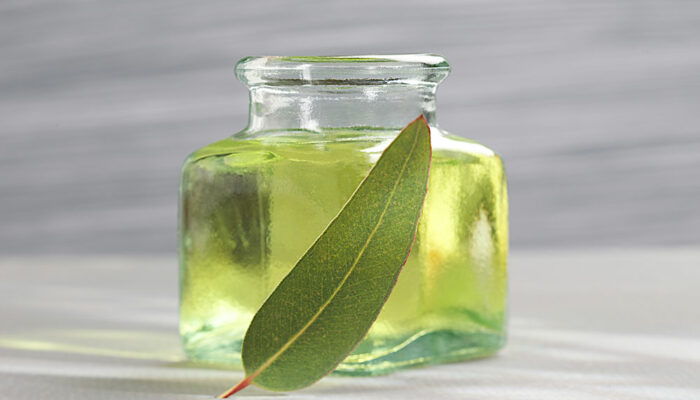
Eczema: Foods to Eat and Foods to Avoid
A condition in which a person’s skin develops patches and itchiness, along with inflammation and redness, is known as eczema or atopic dermatitis. Sometimes, eating a particular food can cause inflammation and lead to an eczema flare-up.
The symptoms of eczema can be controlled through medications, but it is also very important to make lifestyle changes and avoid foods that trigger eczema symptoms or worsen the existing symptoms during a flare-up. Although there is no fixed diet for people with eczema, the inclusion and exclusion of some foods can help in preventing the symptoms of eczema. The foods to be included and left out of the diet also differ from one person to another, as everyone can experience a different reaction to the same food item. Also, a food allergy can affect some people immediately after consuming a particular food, while others might take hours to show an allergic reaction.
1. Food for eczema one should add to their diet
- Fish
Fatty fish are rich in omega-3 fatty acids and have anti-inflammatory properties that help in fighting inflammation caused by eczema. Salmon, tuna, and mackerel are some examples of fish rich in omega-3. - Quercetin
The rich color in flowers, fruits, and vegetables comes from flavonoids. Quercetin is also a plant-based flavonoid, it has antioxidant and antihistamine properties that help in reducing inflammation and histamine levels in the body. It is beneficial for people with eczema to include foods like apples, broccoli, spinach, cherries, and blueberries in their diet. - Probiotics
Foods like miso soup, naturally fermented pickles, yogurt, Gouda cheese, kefir, and unpasteurized sauerkraut are rich in probiotics and are must-haves in the list of foods for eczema. Probiotics are bacteria that promote good gut health, and probiotic-rich foods help in reducing inflammation due to eczema. - Turmeric
Turmeric has anti-inflammatory properties that help in reducing flare-ups in people with eczema. Turmeric powder can be used while cooking food on a daily basis.
2. Foods for eczema one should avoid
Certain foods should be avoided as they are known to worsen the symptoms. This can help to monitor the foods that might trigger eczema flare-ups, which can then be avoided. Sometimes, a food allergy test is also recommended.
Here are some common eczema food triggers that should be left out of the diet for eczema patients:
- Eggs
- Dairy products
- Grapes
- Soy
- Tomatoes
- Peanuts
Eczema that particularly affects the hands and feet is known as dyshidrotic eczema. People suffering from this type of eczema should avoid foods that contain nickel.
Here are some foods with nickel to be avoided by eczema patients for their harmful effects:
- Beans
- Canned meat
- Black tea
- Peas
- Chocolate
- Nuts
People suffering from eczema also sometimes have oral hygiene syndrome, which means that they can have food allergies and that eczema is a symptom of another condition.
The following are some foods to be avoided by people with eczema and oral hygiene syndrome:



